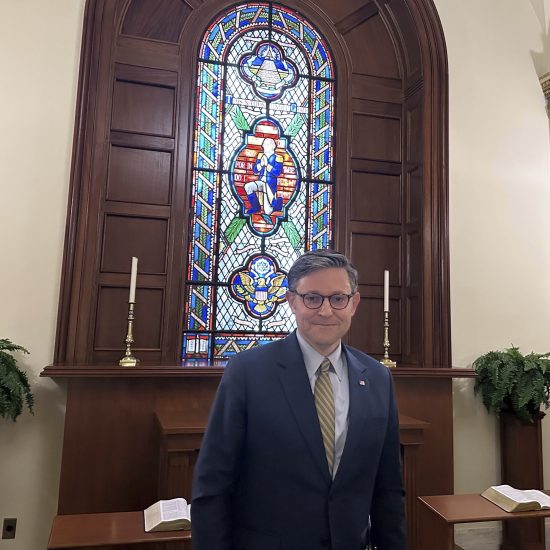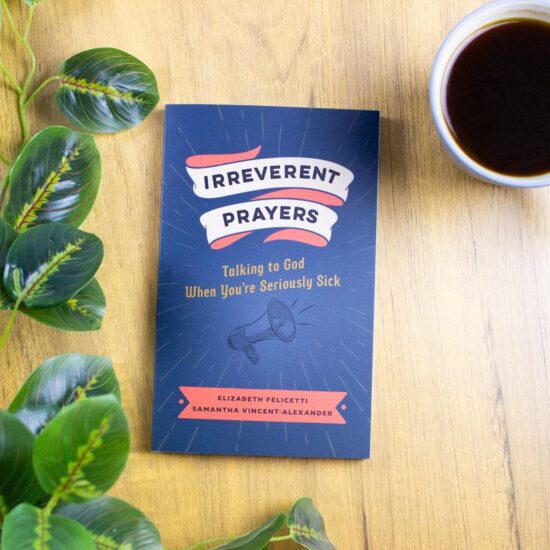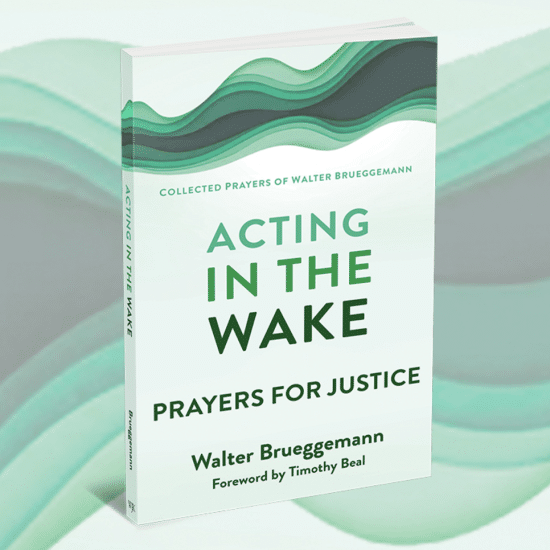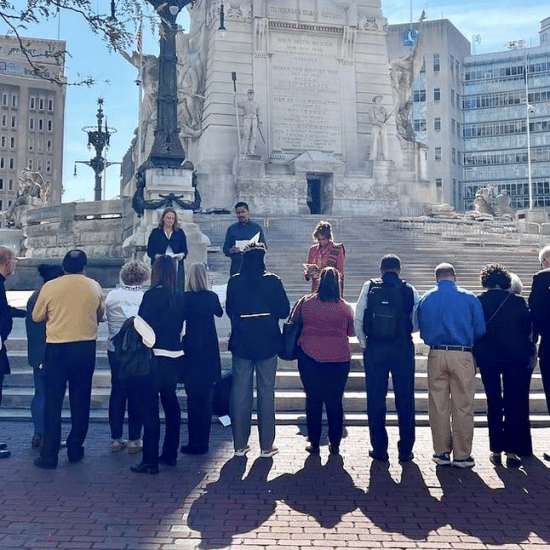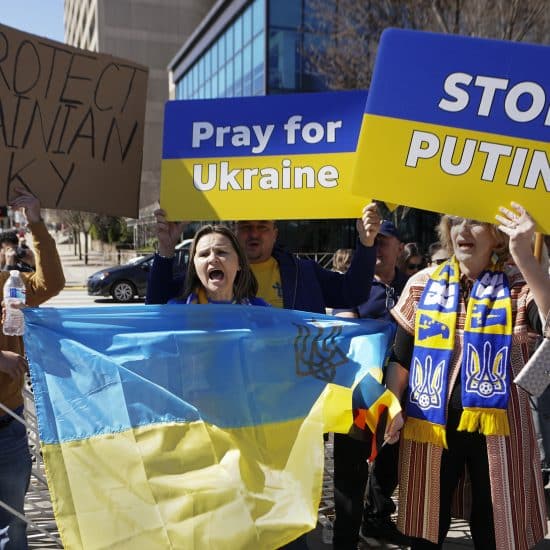WASHINGTON (ABP) – Despite a recent court ruling that a law establishing a National Day of Prayer cannot be challenged in court, officials at the Baptist Joint Committee for Religious Liberty said such official religious declarations are misguided and unnecessary.
“The government shouldn’t be in the business of telling the American people what, where or when to pray or even if they should pray,” said J. Brent Walker, executive director of the 75-year-old religious liberty organization.
President Obama recently designated May 5 as this year’s National Day of Prayer. A presidential proclamation signed April 29 urged Americans of all faiths to pray for men and women in the military and others who place themselves in harm’s way to protect life, and for people affected by natural disasters and democracy movements occurring around the world.
Walker said there is nothing wrong with American citizens – including public officials – to get together to pray on a designated day. In fact, Walker, an ordained Baptist minister, said “every day should be a day of national prayer.”
The problem with the establishment of a National Day of Prayer, Walker said, is that it is “an official act of the government urging citizens to engage in a religious exercise.”
Congress passed a joint resolution in 1952, signed by President Harry Truman, setting aside one day a year for prayer. Presidents since then have proclaimed a day for prayer observed each year on the first Thursday of May
On April 14, the 7th U.S. Circuit Court of Appeals ruled that private citizens could not seek to have the law ruled unconstitutional, because its scope is limited solely to duties of the president. “If anyone suffers injury,” the ruling noted, “that person is the president, who is not complaining.”
K. Hollyn Hollman, general counsel of the Baptist Joint Committee, said as controversies go, congressional resolutions and presidential proclamations establishing a National Day of Prayer
do not represent a cataclysmic breach in the wall of separation between church and state.
“There is little if any coercion of anyone’s conscience, and most Americans are unaware of the occasion,” she said.
But she said “actual coercion” has never been the standard to judge whether or not government has overstepped its bounds in establishing religion.
“Even though the National Day of Prayer was not held to be unconstitutional, it is certainly unwise,” Hollman said.
-30-
Jeff Huett is director of communications for the Baptist Joint Committee for Religious Liberty.

